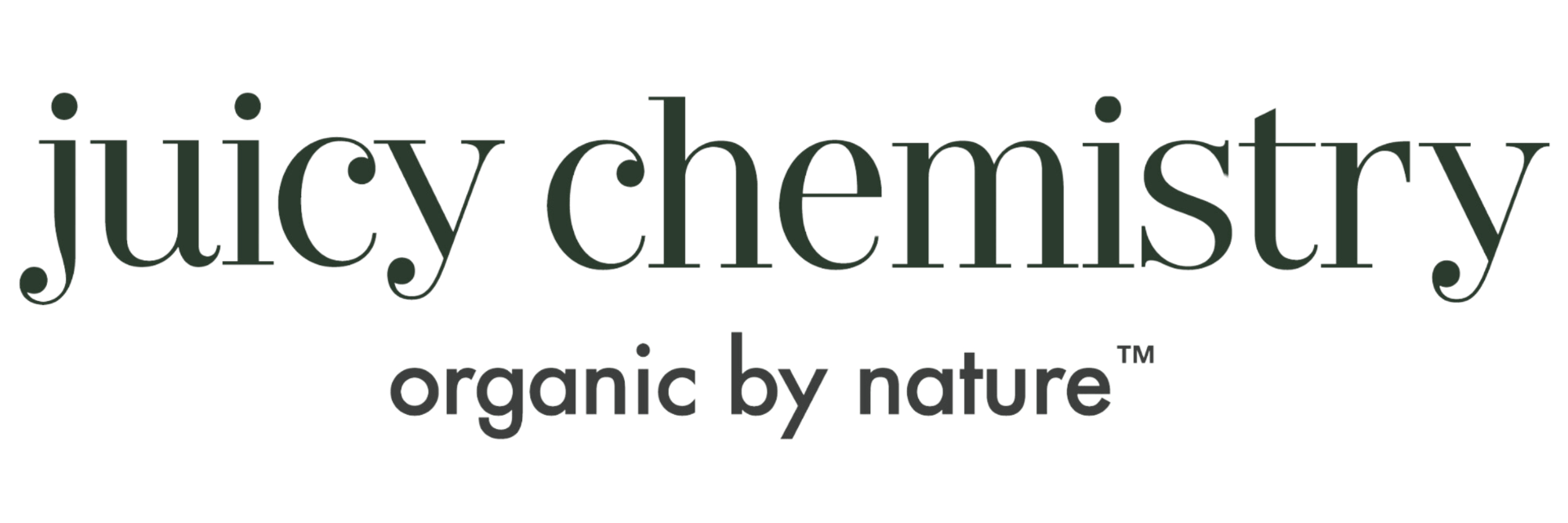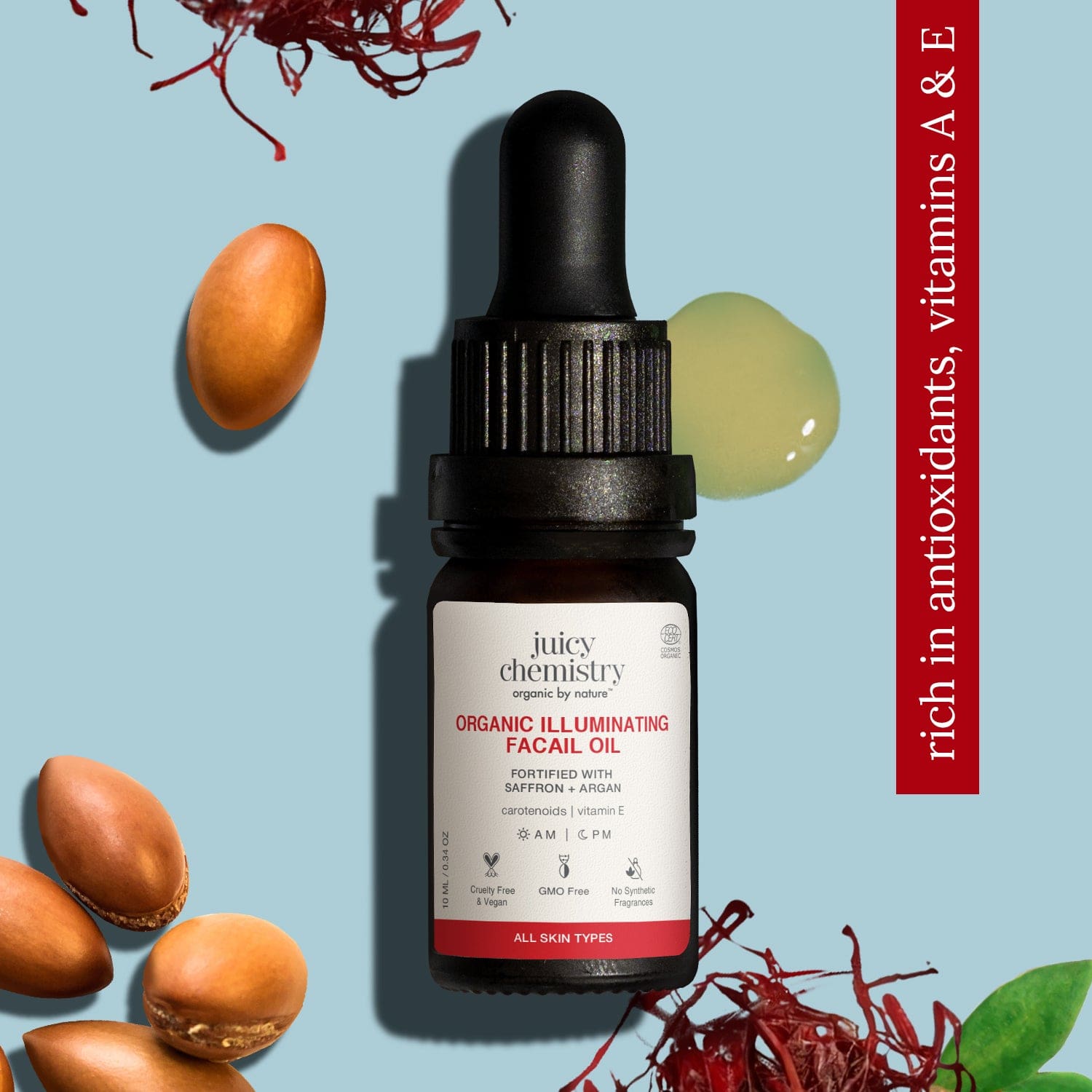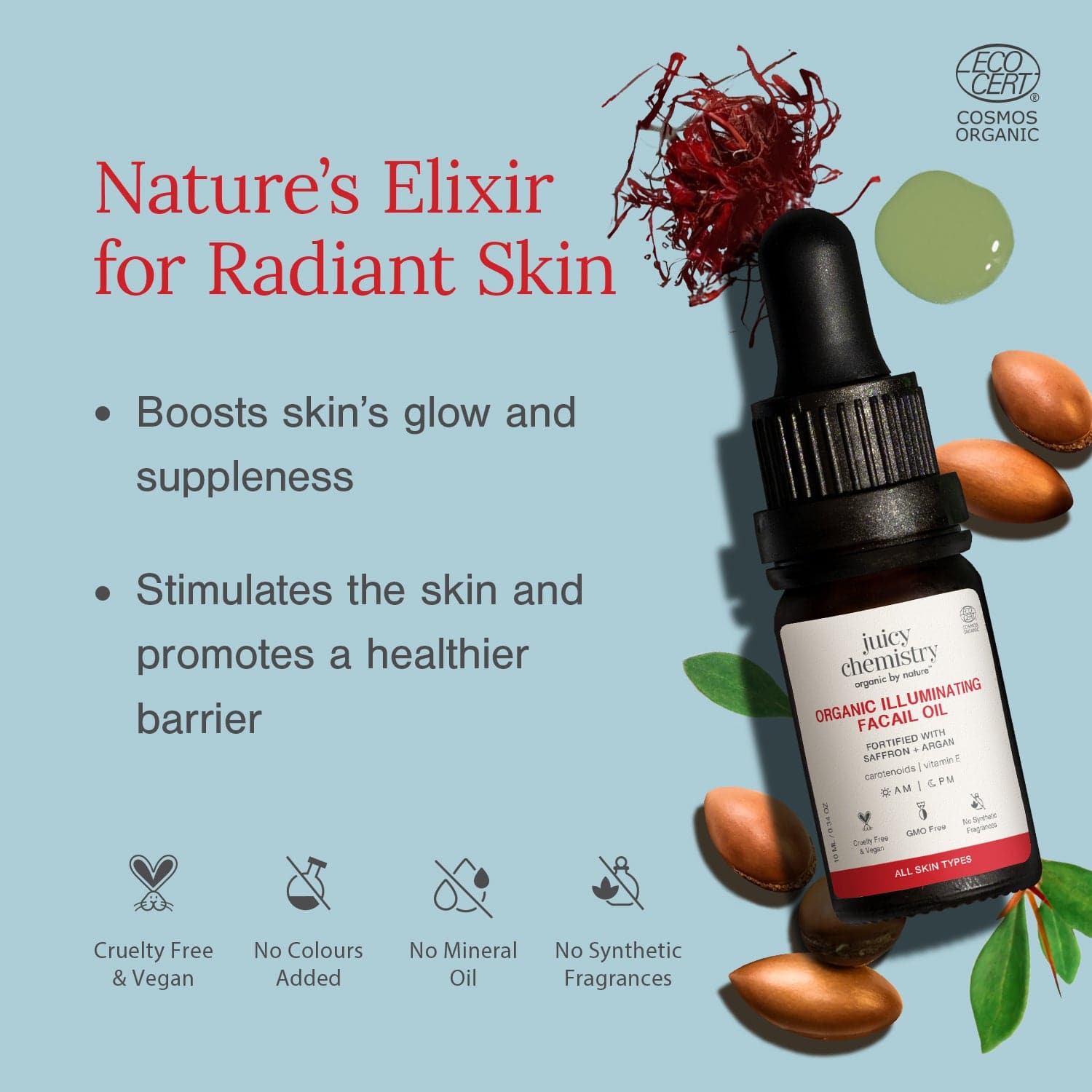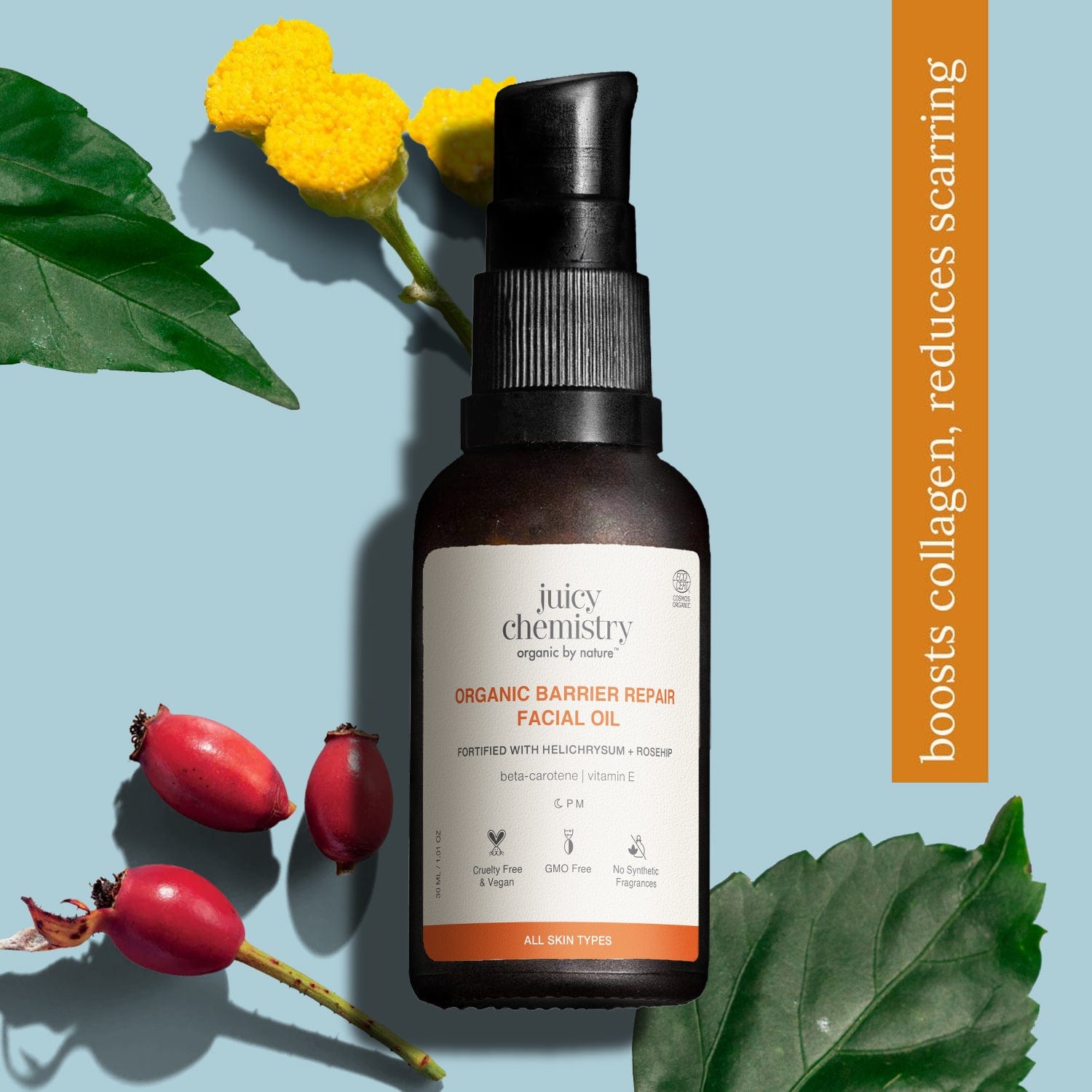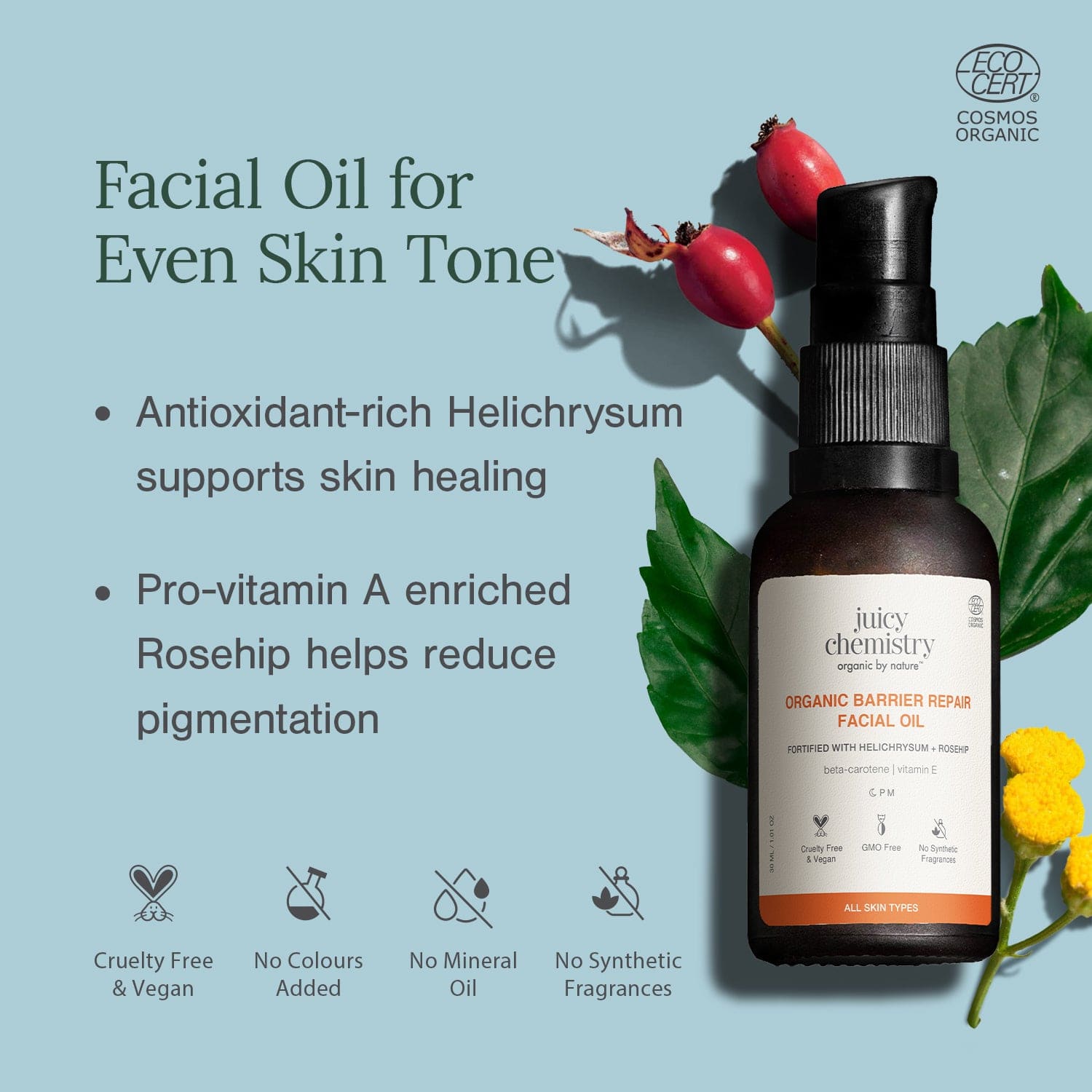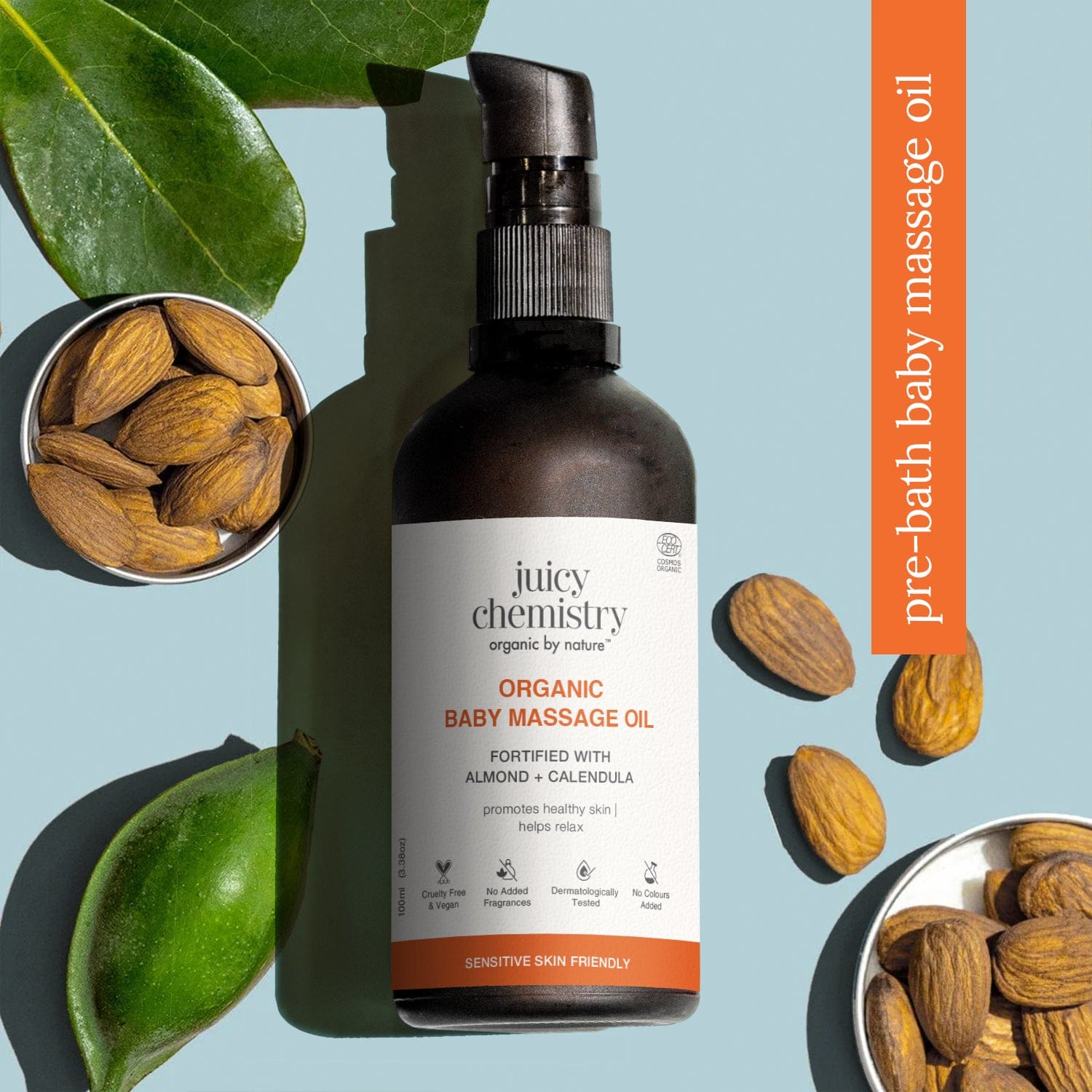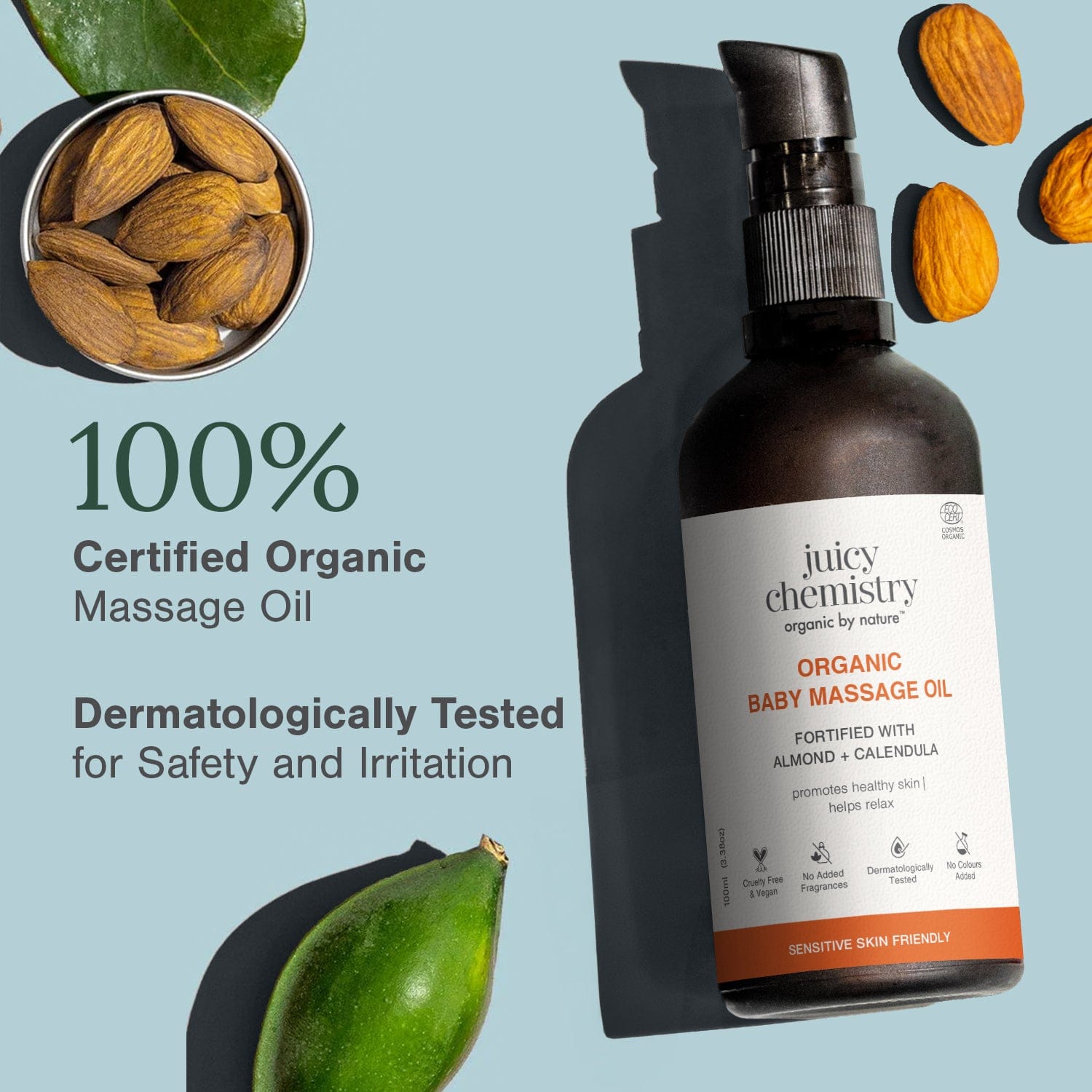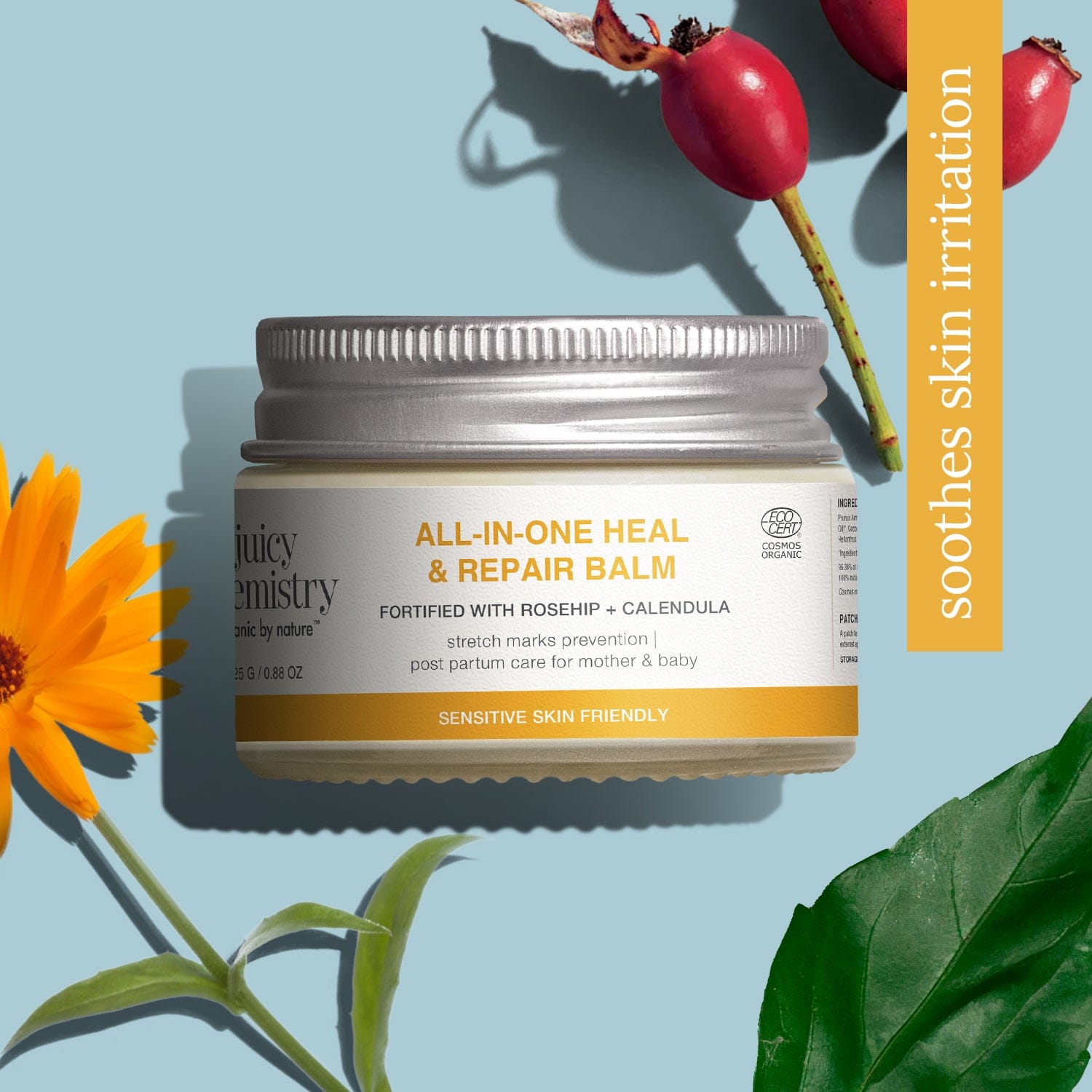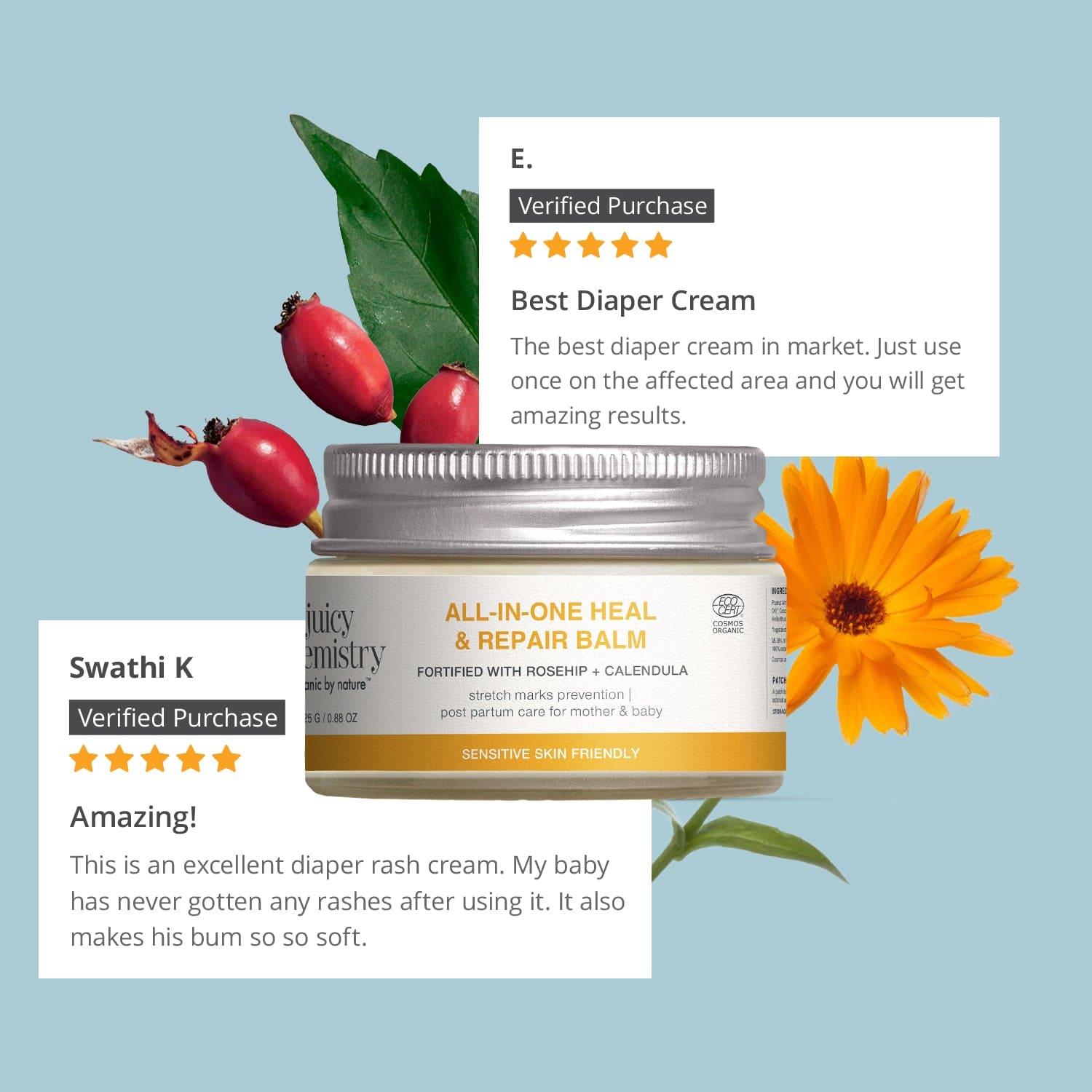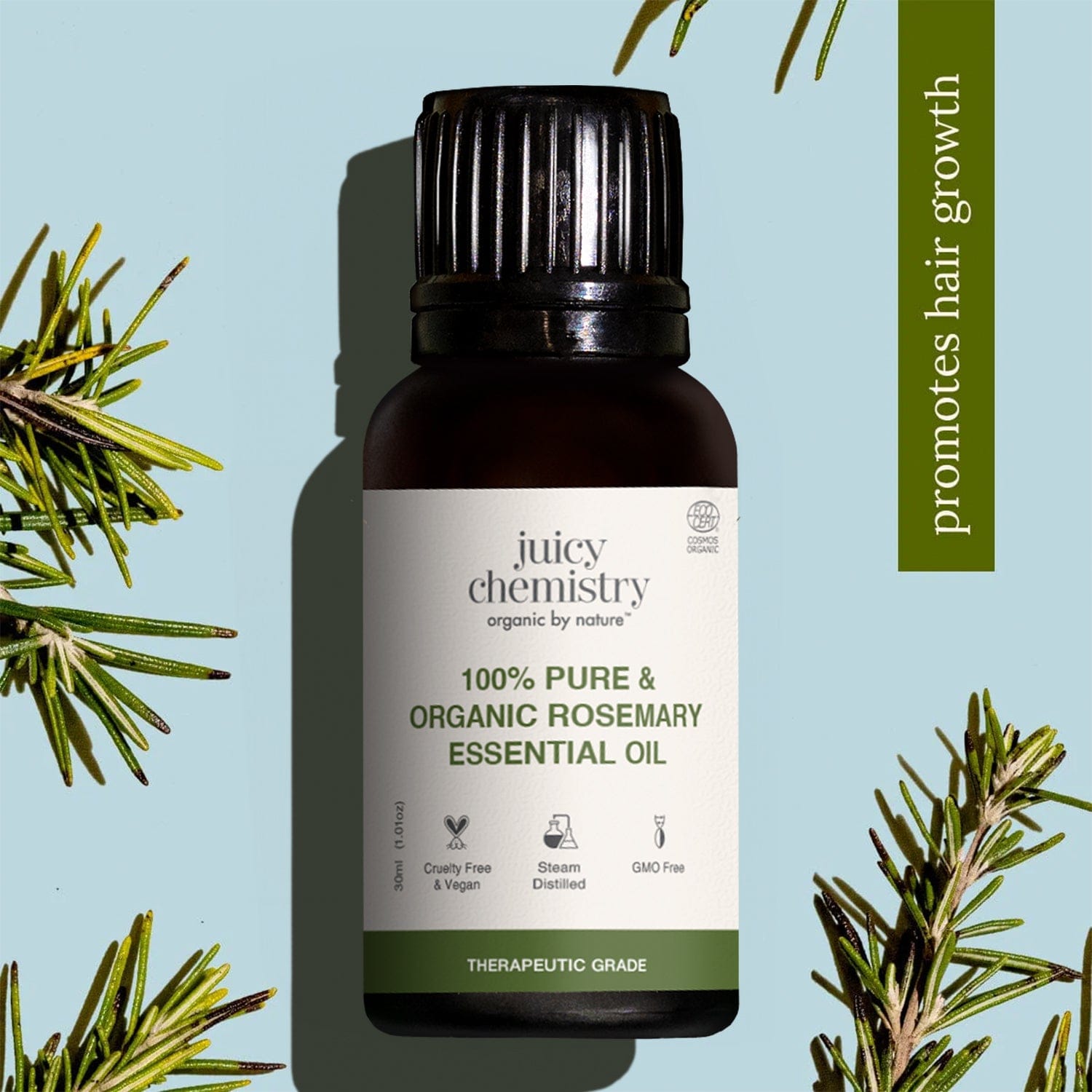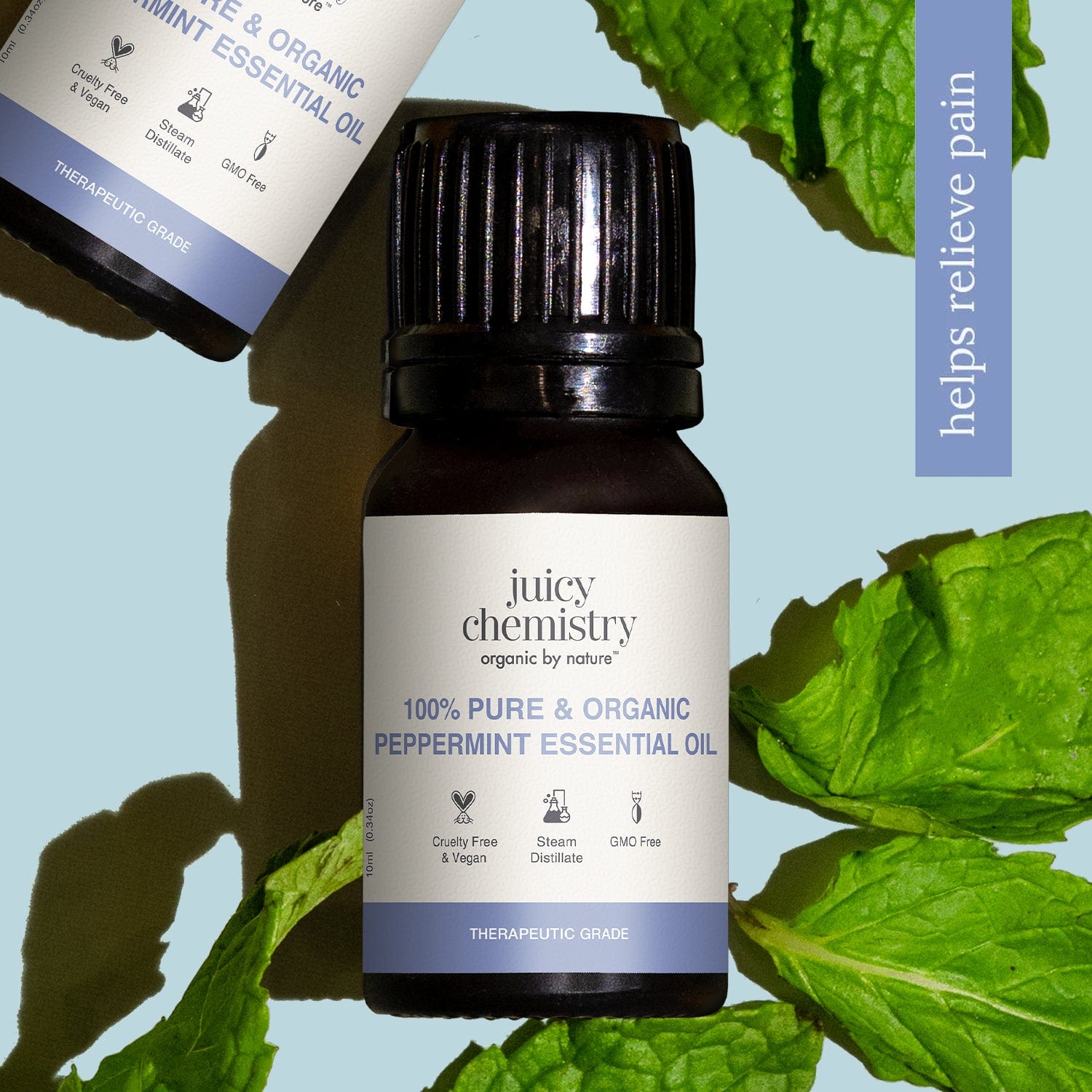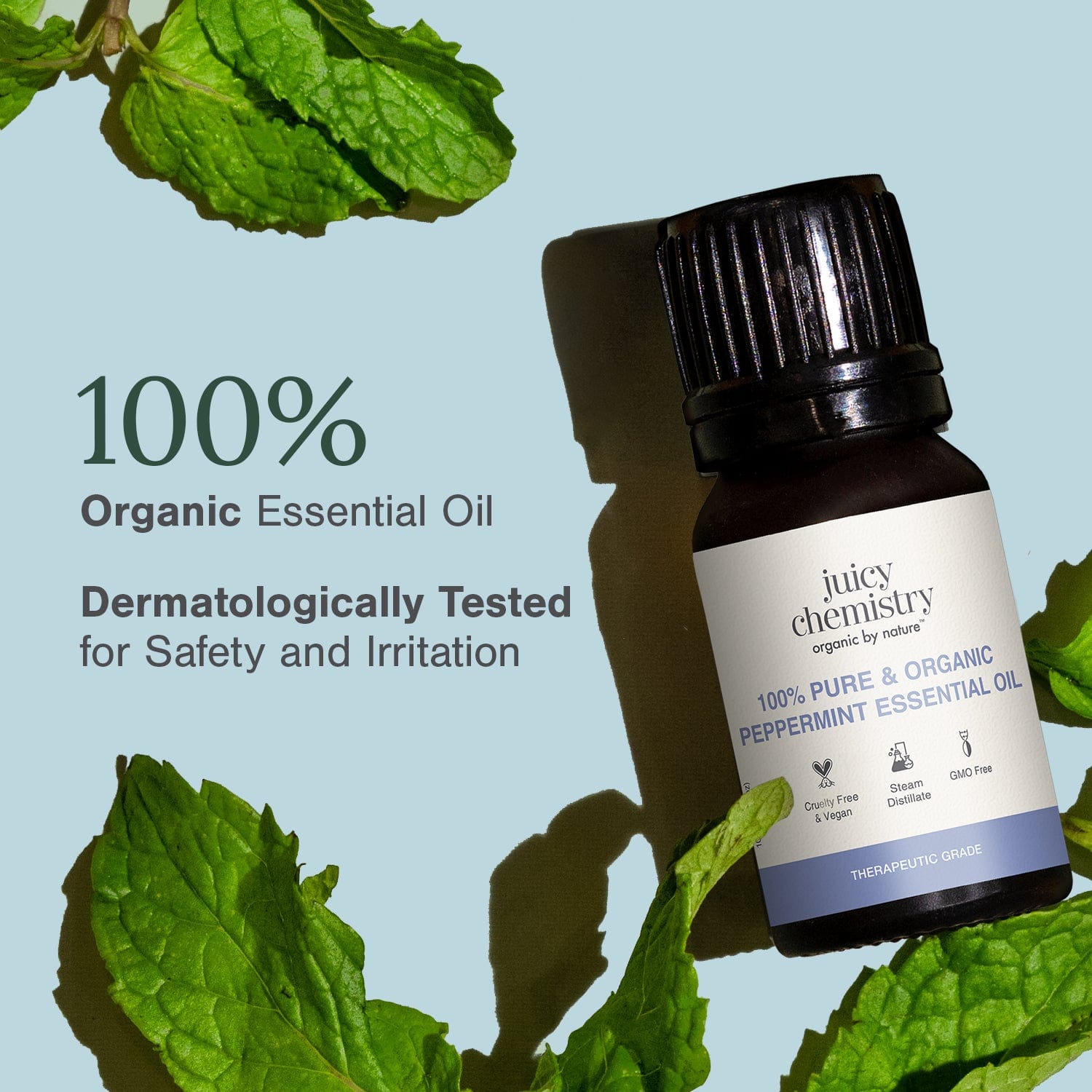Hair Care Routine
July 27, 2021How To Create A Natural Hair Care Routine?
Your hair serves a biological purpose in safeguarding your head. It acts as a barrier against harmful UV rays from the sun. Given its frequent exposure to environmental factors like pollution, dust, and sunlight, adhering to a hair care regimen to preserve your hair's health becomes increasingly essential.
An erratic hair care routine can hinder hair growth and lead to issues such as dandruff, hair loss, dryness, and lackluster hair. Implementing an appropriate hair care practice can help you avoid these problems. To determine which products to include in your routine, it's important to assess your hair issues and comprehend their underlying causes.
Factors Contributing to Hair Issues
1. Genetics - Your genetic makeup significantly influences the overall look of your hair. Conditions like thin hair, premature greying, hair loss, and coarse hair can manifest if they are inherited through your family genes.
2. Hormonal Fluctuations - Hormonal shifts during specific life stages, such as pregnancy, childbirth, or menopause, can lead to temporary hair loss and dryness. Individuals experiencing puberty often notice increased oiliness and dandruff on their scalp.
3. Surgery or Illness - Undergoing major surgery or recovering from an illness can push your body into repair mode, resulting in thinning, hair breakage, and hair loss.
4. Nutritional Deficiencies - A balanced and nutritious diet is crucial for the body's proper functioning and for maintaining healthy hair. Lacking essential nutrients can result in hair loss and rough hair texture.
5. Inappropriate Hair Care Products - Sometimes, selecting the wrong hair care products for your specific hair and scalp type can negatively impact their health.
6. Hard Water - Regularly washing your hair with hard water leads to a mineral build-up, including calcium and magnesium, on your hair and scalp. This accumulation hinders moisture absorption, resulting in dehydrated hair, which can become coarse and prone to breakage.
Elements Influencing Your Hair Care Routine and Tips to Address Them
Scalp Type - A dry scalp needs consistent nourishment, benefiting from creamy and buttery hair products that combat dryness and enhance softness. If you have an oily scalp, opt for lightweight oils and use a clarifying shampoo to eliminate build-up and excess oil.
Tip - For a dry scalp, choose hair care products enriched with nourishing oils and butters like coconut oil, avocado oil, jojoba oil, and mango butter. For an oily scalp, select products containing antibacterial and antifungal components such as tea tree oil, rosemary essential oil, and neem oil.
Allergies or Sensitivities - Any known allergies or sensitivities to specific ingredients in hair care products will influence your product choices.
Tip - If you have a sensitive scalp, select fragrance-free products formulated with soothing, anti-inflammatory ingredients like lavender, chamomile, aloe vera, hemp oil, and rosehip oil.
Age - As we grow older, our hair requires additional care and attention to postpone signs of aging and combat hair loss.
Tip - Seek hair care products that contain ingredients designed to delay hair aging and provide nourishment, such as coconut oil, apricot oil, amla oil, brahmi, and bhringraj oil.
Chemical Treatments - If your hair is colored or chemically treated, it necessitates specialized hair care products to maintain the treatment.
Tip - Always verify the product label to ensure the formula is suitable for chemically treated hair, or contact the hair care brand for clarification.
Working Conditions - If your job involves outdoor activities or requires physical exertion, you need a hair care routine that not only keeps your hair clean but also protects it from external damage.
Tip - Use a shampoo formulated with antimicrobial and anti-inflammatory ingredients like tea tree, neem, rosemary, and lavender to maintain scalp cleanliness. Protect your hair from sun exposure by wearing a hat or using an umbrella.
Physical Health - If you are experiencing nutritional deficiencies, your hair can benefit significantly from following a diet plan recommended by your nutritionist, along with supplements prescribed by your healthcare provider.
Tip - Look for hair products fortified with ingredients that strengthen your hair and enhance barrier function, such as rosehip oil, sea buckthorn, bhringraj oil, and amla oil.
5 Steps to Establish Your Natural Hair Care Routine
Step 1: Treatment - Apply a water-based scalp serum to gently massage your scalp. This will allow your hair oils to penetrate more deeply and promote the health of both your scalp and hair.
Step 2: Oiling - Massaging your scalp with a natural hair oil or hair mask can alleviate stress in your body, thereby reducing stress-induced hair loss. It enhances blood circulation in your scalp, nourishes your hair, and makes it more manageable and shiny. Consistently oil your hair once or twice a week for several months to observe improvements in hair growth.
Step 3: Cleansing - Cleansing is a fundamental aspect of any hair care routine. Regularly washing your hair properly helps maintain cleanliness and scalp hygiene. Choosing a gentle shampoo or cold-process shampoo bar tailored to your hair type is essential for preserving your hair's softness. Always rinse the shampoo from your hair using lukewarm water.
Step 4: Conditioning - After shampooing, apply a conditioner to your hair. This will keep your hair moisturized and help prevent future dryness. Applying conditioner to damp hair enhances texture and simplifies the detangling process. Remember to apply the conditioner to your hair, avoiding the scalp.
Step 5: Post-Care - After washing your hair, gently pat it dry with a soft t-shirt to minimize static and frizz. Whenever possible, allow your hair to air-dry instead of using a blow dryer to prevent damage. If necessary, apply a few drops of your preferred cold-pressed oil to the ends of your hair at the conclusion of your routine to keep them nourished.
Juicy Chemistry Products for Your Natural Hair Care Routine
Scalp Stimulating Serum is a natural hair serum formulated with plant-derived active ingredients that alleviate scalp irritation, encourage hair growth, and reduce hair loss.
Chilli, Horsetail And Black Seed Oil is an organic hair oil that has been clinically proven to enhance hair growth and minimize hair loss.
Neem Butter, Pumpkin And Ginger Hair Maskis a pre-shampoo organic hair mask which reduces dandruff and soothes itch.
Sacha Inchi, Argan And Mango Butter Hair Maskis a nourishing organic hair mask which deeply conditions dry hair and prevents frizz.
Commonly Asked Questions
How should I apply Juicy Chemistry hair masks?
Our hair masks can serve as a substitute for traditional hair oils. Dispense a small amount of the hair mask into your hand and gently massage it into your scalp, similar to how you would apply hair oil.
Is it safe to leave hair oil in overnight?
Absolutely. For optimal results from our hair oils and masks, we suggest allowing them to remain in your hair overnight. However, if you're pressed for time, you can rinse them out after 30 minutes.
Are Juicy Chemistry soaps safe for use on hair?
Certainly. Our organic gourmet soaps are designed for use on your face, body, and hair.
Sources
https://www.aad.org/public/everyday-care/hair-scalp-care/hair/healthy-hair-tips
https://www.aad.org/public/diseases/hair-loss/causes/18-causes
https://www.researchgate.net/publication/347935988_Healing_with_Rosemary_Oil
